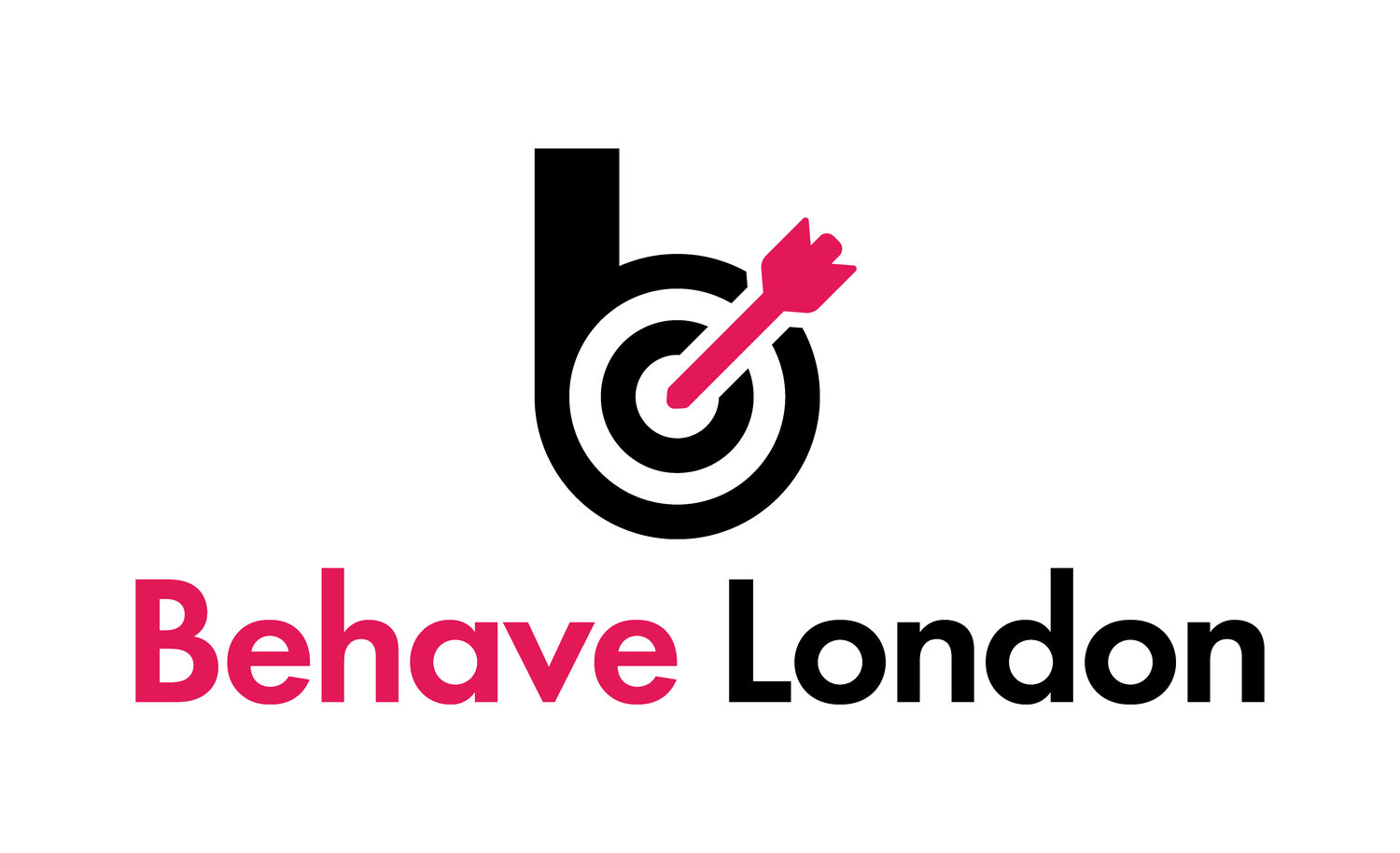Are you a communication dinosaur?
I’ve spent the last few weeks up in Edinburgh at the fringe, seeing a range of fun and exotic shows.
One of the most amazing things I saw last week was a mime show, with a man pretending to be a velociraptor (dinosaur, if you are one of the few people who has never seen the film Jurassic Park). What made this so entertaining won’t be conveyed well in words, but it was hilarious.
What was brilliant though, was the Middle Aged Man sitting in front of me who hated Every Minute of it. Every. Damn. Minute. But only after 10 minutes. Why?
He sighed, he checked his phone for the time, and looked repeatedly at his wife and son with an exasperated and incredulous expression of confusion and disgust. For the next hour and ten minutes.
Fabulous.
What brought this about?
He hadn’t see Jurassic Park. He really hadn’t seen it. So when the mime pretended to be a dinosaur, he was totally and utterly lost. Chortles of amusement from the audience around him confused him. And then infuriated him. At that moment he disengaged.
This is what happens when your audience doesn’t understand you. They don’t for one moment think they are at fault. They just know they hate you and think you are stupid. Or at the very least they think you are pointless.
As the show progressed, and the mime started doing non-dinosaur things, everything the mime did that Middle Aged Man didn’t understand, just added to the pot of anger. In behavioural terms, we call this Confirmation Bias – in simple terms it works a bit like this:
- I think you’re wrong
- Anything you do comes from the wrong place
- You’re wrong.
It’s how politics works. Everything that political party you loathe does is seen through this negative filter.
Like that person at work who irritates you.
Or your ex.
Your clients won’t assume they are stupid if they don’t understand you.
They will simply assume that the message isn’t that important. If it was, you’d have made an effort to communicate it better, wouldn’t you?
When you talk to your clients in jargon, they turn off.
Like the man and the dinosaur mime– if they don’t understand what you’re trying to tell them, you’ll lose them.
At the end of the show, the mime got a standing ovation from the audience of 150 people.
Not from the bloke in front of me though.
While you can’t please everyone, when you’re communicating important information, you want to be looking out for the ones that aren’t clapping. Why is that? What have you missed - and can it be fixed?
___
Watch a man being a dinosaur: https://tickets.edfringe.com/whats-on/trygve-wakenshaw-nautilus

